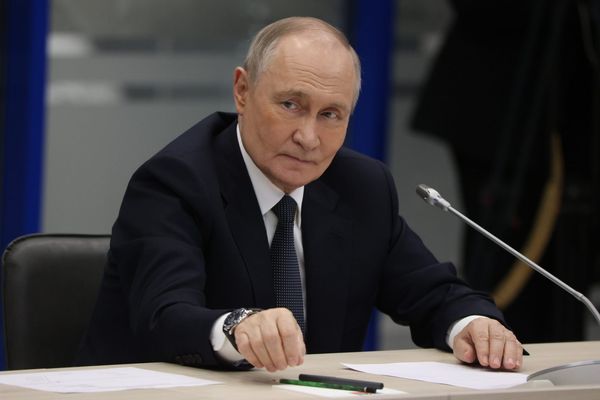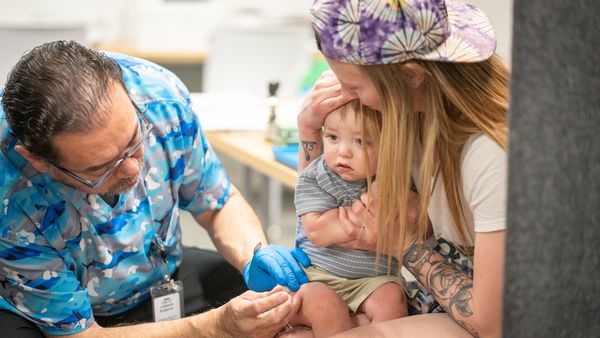
I decided to walk to the semi-final at Bramall Lane on Tuesday night, mainly because I could. It was almost impossible to believe my luck, an England Euros semi-final just a short walk down the road from my house. This just doesn’t happen in Sheffield.
The city has hosted tournaments before. Denmark and Portugal came for the Euros in 1996 and reportedly drank the city dry, forcing the local breweries to put on extra shifts to satisfy their thirst. It was a magical time and is still fondly remembered by those old enough to have been around.
Even before Tuesday, the tournament had been a success for the city. The centre was taken over by Dutch and Swedish fans for the best attended group stage match that didn’t include England. You get an idea of excitement from viral videos of the Swedish fans dancing to Abba on Division Street and the Dutch fans walking to the stadium.
There was a huge take up of tickets locally. Many of my friends used the group stages as an opportunity to take their daughters and sons to their first match. It briefly united both sides of the city, Sheffield Wednesday and Sheffield United fans sitting side by side enjoying football without the local tribalism. It felt like there was a space for a different kind of fan in Sheffield for the first time, and I liked that.
Tuesday felt different still. It was England, in a semi-final of a major tournament, in Sheffield. The 28,000+ crowd was full of local families, children on their first week of school holidays, being allowed to stay up late on a Tuesday. Groups of women, drinking but not drunk, wearing retro 90s England shirts and bucket hats. Men were outnumbered. We were optimistic and infectiously excited. We sang the national anthem, out of time and out of tune.
The first 30 minutes were terrifying, England looked nervous and Sweden had the majority of the chances. I looked around at the families next to me and feared the worst, bracing myself for crying children and another hard life lesson in being an England fan.

By the time Alessia Russo scored the third with a potential goal of the tournament I finally relaxed. England were stronger, faster and dominated Sweden. It felt completely magical, strangers hugged each other, flags were waved and “It’s coming home” was sung unironically.
Between the third and the fourth goal a young girl behind me took it upon herself to tell her brother that there wasn’t “women’s football” or “men’s football”. It was all just “football”.
It genuinely felt like witnessing history, another new chapter in Sheffield’s long relationship with professional football, memories to be recalled fondly to anyone that will listen for the next few decades. Until we get to host another major tournament and do it all over again.
• Christian Bennett is head of audio and video at the Guardian







